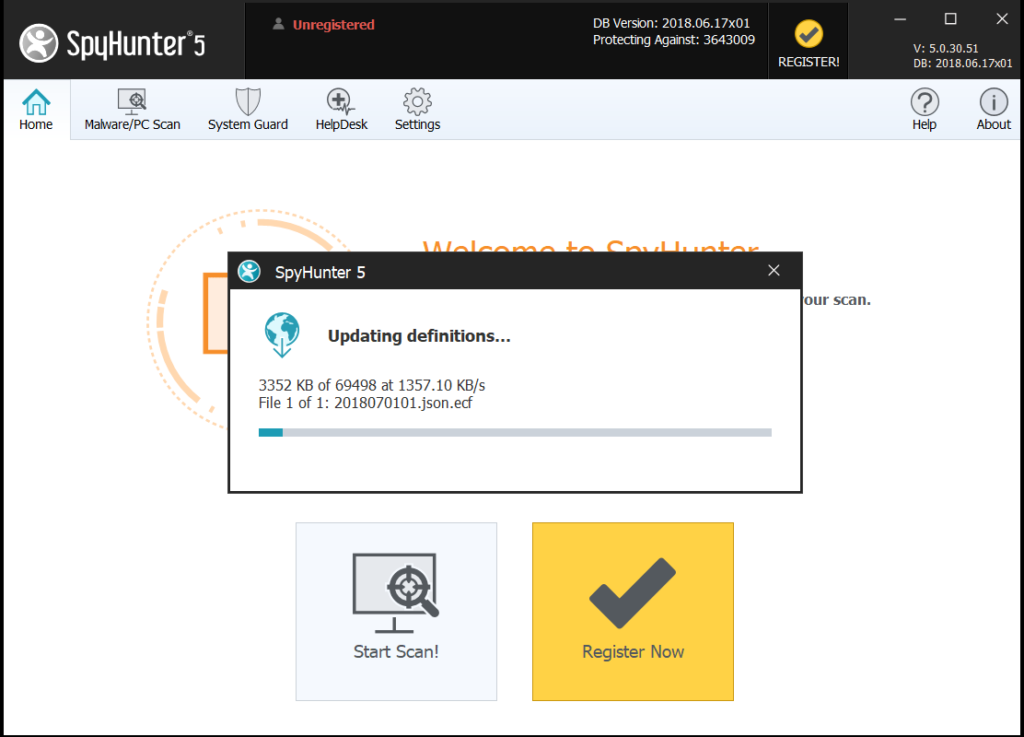What Is the Filecoder.VBA Ransomware Detection?
This article has been created to help you learn more about the recently detected Filecoder.VBA Ransomware file ransomware virus, how to remove it and, eventually, restore your encrypted files.
Dessa .Filecoder.VBA Ransomware files have been encrypted by a variant of a very dangerous ransomware strain. The ransomware extorts victims to pay a ransom fee, usually in Bitcoin, in exchange for a decryption key.
Om datorn har smittats av Filecoder.VBA Ransomware, Vi rekommenderar att du läser den här artikeln noggrant.
Filecoder.VBA Ransomware Detection – What Does It Do?
Att vara en variant av en välkänd Ransomware familjen, the Filecoder.VBA Ransomware ransomware drops one or more executable files in the %Applikationsdata% Windows-katalogen.
Efter detta, the Filecoder.VBA Ransomware may modify the Windows registry entries, more specifically the “Shell” sub-key in the following location:
- HKLM / Software / Microsoft / WindowsNT / Currentversion / Winlogon / Shell
Sedan, de Filecoder.VBA Ransomware viruset kan också ändra Kör registernyckel för att köra den körbara filen(s) in the %AppData% directory in the following path:
- HKLM / Software / Microsoft / Windows / Currentversion / Run /
This may result in the virus starting automatically when you start Windows.
| Threat Detection | Filecoder.VBA Ransomware |
| Typ | Ransomware Alerts |
| Detektion + Borttagande | ladda ner SpyHunter (FREE Trial!)*
|
Which Files May Get Affected by Filecoder.VBA Ransomware Ransomware?
Filecoder.VBA Ransomware ransomware proceeds as a typical file-encoding Trojan. Så snart det får tillgång till din dator, the file-encrypting malware will perform a quick scan to find the paths to all of your personal files. Den riktade data inkluderar alla MS Office-dokument, photos and videos, databaser, program files, etc. Only a few files, such as the ones related to the core Windows processes, may be spared by the encryption algorithm.När operationen avslutas, you will notice a threatening ransom message on your desktop. I de flesta fallen, the ransomware operators give victims a very short deadline to pay the demanded ransom, typically in Bitcoin or altcoins, annars hotar att radera dekrypteringsnyckeln. The purpose of this frightening message is to shock the victim into paying without giving it a second thought. The victim often feels as the only solution to the issue is to pay this ransom. I verkligheten, cybersecurity experts usually recommend not following the instructions of the hackers, as there is no guarantee that the victim would receive a working decryption key. dessutom, ransom payments would only further fuel the cybercrime activity of ransomware operations.
Filecoder.VBA Ransomware usually drops a ransom note file with a ransom message, and places it in a visible location. Sedan, the ransomware targets the following file types:
- videoklipp.
- Bilder.
- Dokument.
- ljud~~POS=TRUNC filer~~POS=HEADCOMP.
- Arkiv.
Once encryption is complete, the victim’s files are locked and can’t be accessed.
Filecoder.VBA Ransomware Ransomware – How Did I Get Infected?
Infektionsprocessen av Filecoder.VBA Ransomware is conducted primarily via spam and phishing e-mails. Sådana meddelanden kan låtsas sändas från tjänster som PayPal, POSTEN, FedEx och andra. They may contain attachments masqueraded as invoices or other urgent documents. Andra sociala ingenjörs inkluderar:
- Falska knappar och bilder som om e-postmeddelanden skickas från en sociala medier webbplats, liknande Link.
- Bedrägliga PayPal länkar.
- Länkar till Google Drive och falska e-postmeddelanden som ser likadana ut som om de skickas från Google.
Other infection methods include fake software updates, fake installers and other fraudulent executables, such as the following:
- programfixar.
- sprickor.
- installatörer.
- portabla program.
- Licens aktivatorer.
- keygens.
Remove Filecoder.VBA Ransomware Ransomware
If you want to remove Filecoder.VBA Ransomware and get rid of the detection, Vi rekommenderar att du först säkerhetskopiera dina data, ifall något går fel. Sedan, you can follow either the manual or the automatic removal instructions below, depending on your knowledge and skills. If you lack the experience and the confidence to remove Filecoder.VBA Ransomware manually by yourself, then you should simply download and run a scan with an advanced anti-malware program. Such programs are created to quickly identify and remove threats, including ransomware such as Filecoder.VBA Ransomware.
How to Decrypt .Filecoder.VBA Ransomware files?
We remind you once again that paying the ransom is not considered a good option, as there is no guarantee you will get your files back.
dock, Det finns flera andra sätt som kan hjälpa dig dekryptera dina personliga filer. Först, make sure to delete all traces of the malware. If you fail to delete the Filecoder.VBA Ransomware ransomware properly, it may re-encrypt your files or spread to other connected devices. Once you have removed all traces of the ransomware, you can try some of the programs for restoration of files or the integrated System Restore feature. Om du har turen att ha en reservkopia av dina filer på någon extern enhet, du kan importera dem tillbaka till datorn på ett säkert sätt.
Preparation before removal of Filecoder.VBA Ransomware:
1.Se till att säkerhetskopiera dina filer.
2.Se till att ha denna instruktion sida alltid öppen så att du kan följa stegen.
3.Ha tålamod eftersom avlägsnandet kan ta lite tid.
Steg 1: Starta om datorn i felsäkert läge:
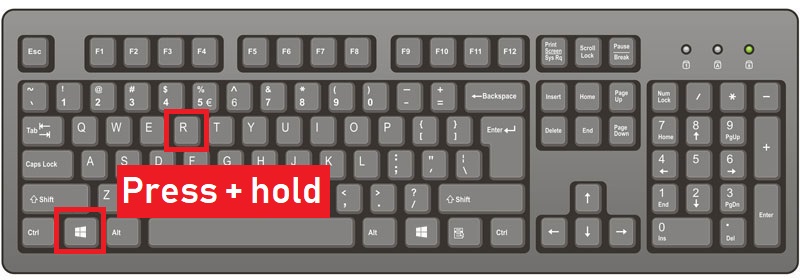
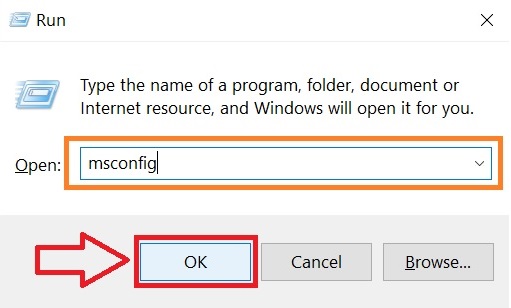
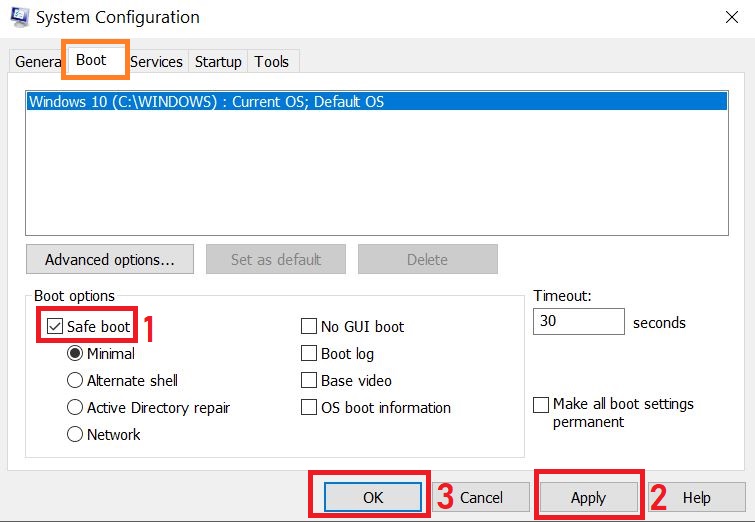
Steg 2: Cut out Filecoder.VBA Ransomware in Task Manager
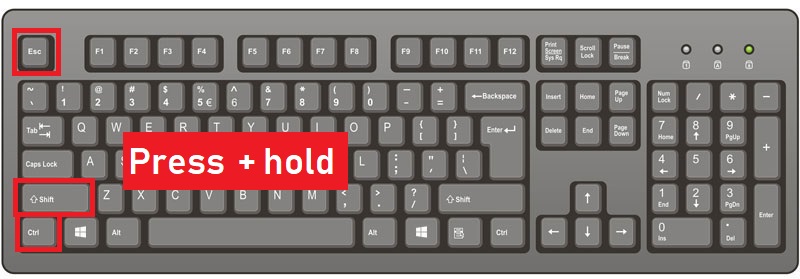

Steg 3: Eliminate Filecoder.VBA Ransomware‘s Malicious Registries.
För de flesta Windows-varianter:
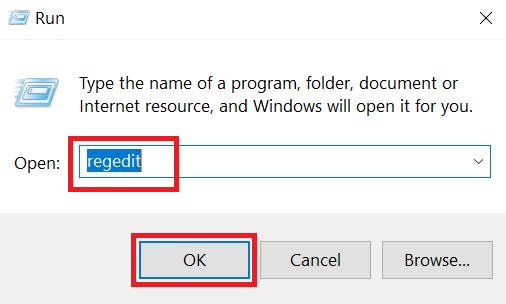
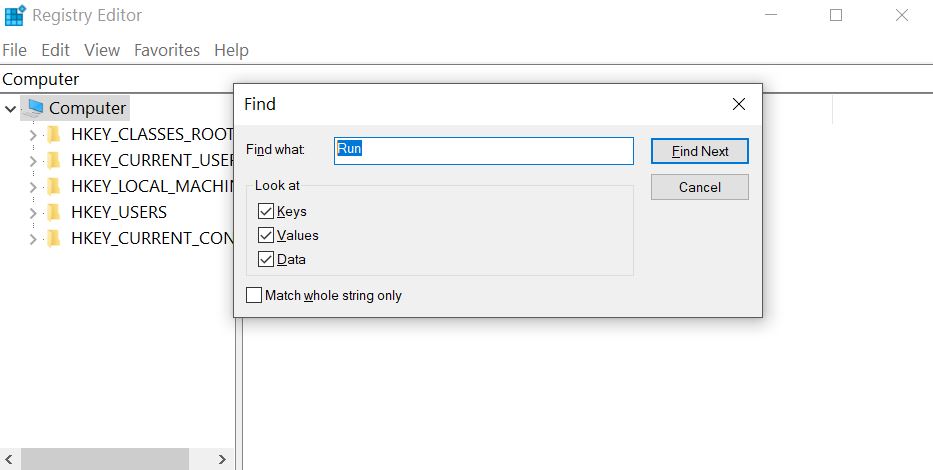
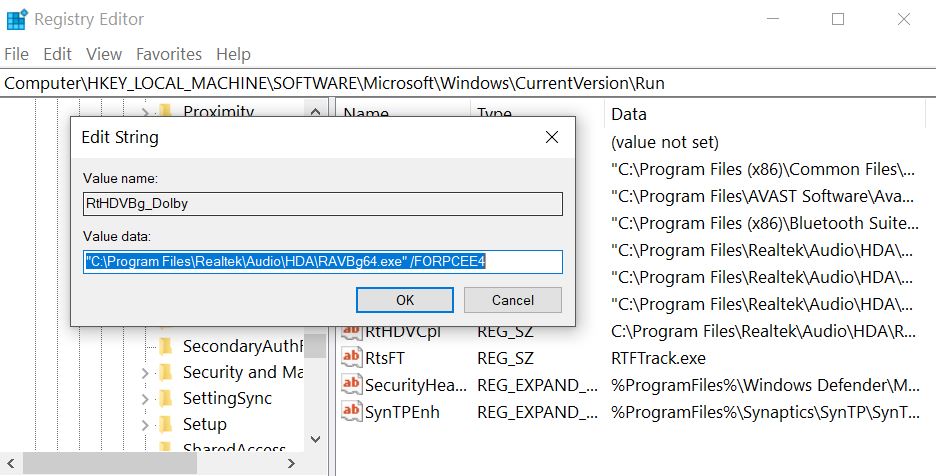
Steg 4: Söka efter och ta bort alla virus filer, related to Filecoder.VBA Ransomware and secure your system.
Om du är i Säkert läge, starta tillbaka till normalläge och följa stegen nedan
Det är lämpligt att köra en gratis genomsökning innan de bestämmer sig till den fullständiga versionen. Du bör se till att skadlig kod upptäcks av SpyHunter först.
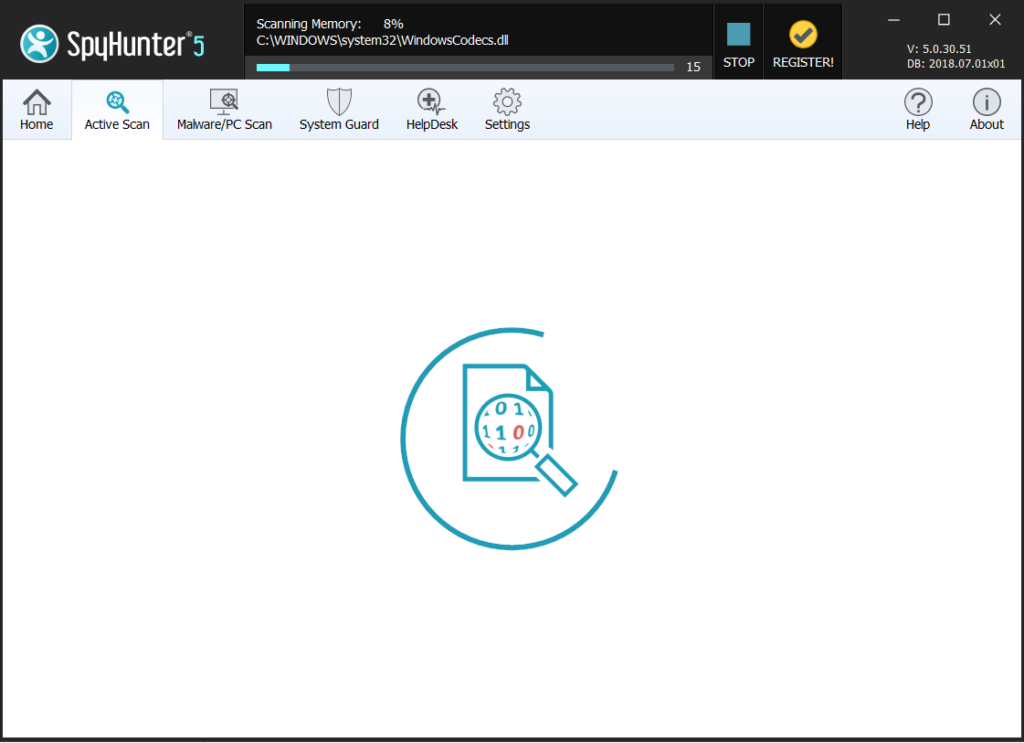
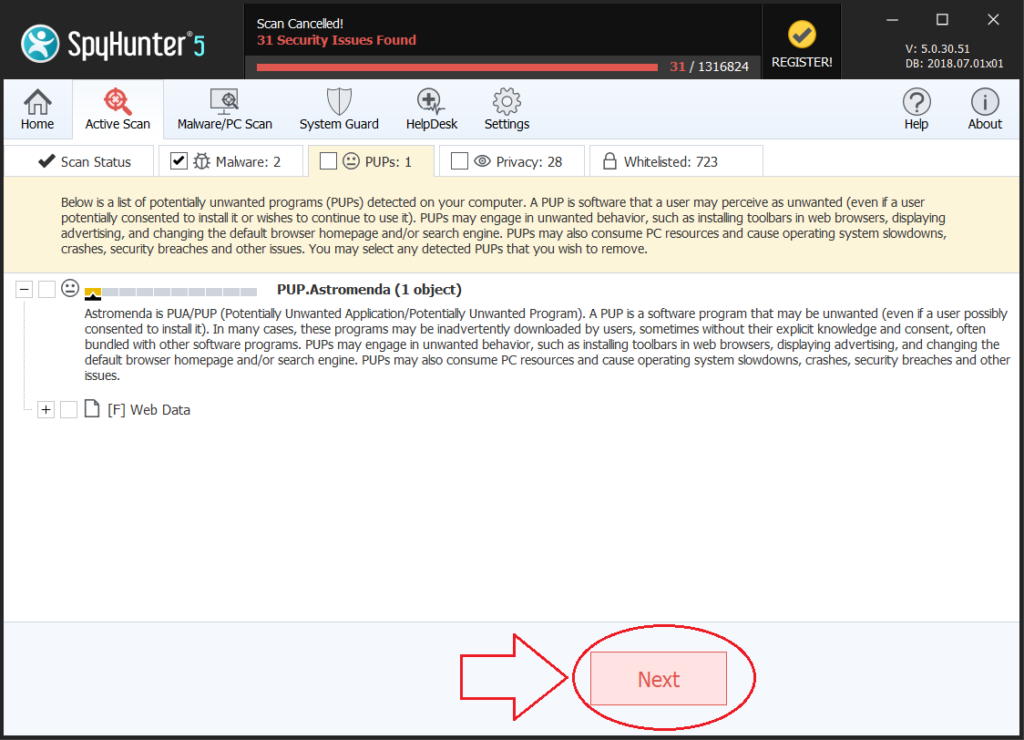
Steg 5:Recover files encrypted by the Filecoder.VBA Ransomware Ransomware.
Metod 1: Använda Shadow Explorer. Om du har aktiverat Filhistorik på Windows Machine en sak du kan göra är att använda Shadow Explorer för att få dina filer tillbaka. Tyvärr har några Ransomware virus kan ta bort dessa skugg volym kopior med en administrativ kommando för att hindra dig från att göra just detta.
Metod 2: Om du försöker dekryptera dina filer med hjälp av tredjeparts dekryptering verktyg. Det finns många antivirusleverantörer som har dekrypteras flera Ransomware virus de senaste åren och postat decryptors för dem. Chanserna är om din Ransomware virus använder samma kod kryptering används av en decryptable virus, du kan få filerna tillbaka. dock, Detta är inte heller en garanti, så du kanske vill prova denna metod med kopior av de ursprungliga krypterade filer, eftersom om en tredje part program manipulerar med sin krypterade struktur, de kan skadas permanent. De flesta av de för närvarande tillgängliga decryptors för Ransomware virus kan ses om du besöker NoMoreRansom projektet – ett projekt som är ett resultat av gemensamma ansträngningar av forskare över hela världen för att skapa dekryptering programvara för alla Ransomware virus. Helt enkelt gå dit genom att klicka på följande LÄNK och hitta din Ransomware version Decrypter och prova, men alltid komma ihåg att göra en säkerhetskopia först.
Metod 3: Använda Data Recovery verktyg. Denna metod föreslås av flera experter på området. Den kan användas för att skanna din hårddisk s sektorer och därmed förvränga krypterade filer på nytt som om de togs bort. De flesta Ransomware virus bort vanligtvis en fil och skapa en krypterad kopia för att förhindra sådana program för att återställa filerna, men inte alla är detta sofistikerade. Så du kan ha en chans att återställa en del av dina filer med denna metod. Här finns flera data recovery program som du kan prova och återställa åtminstone en del av dina filer:

